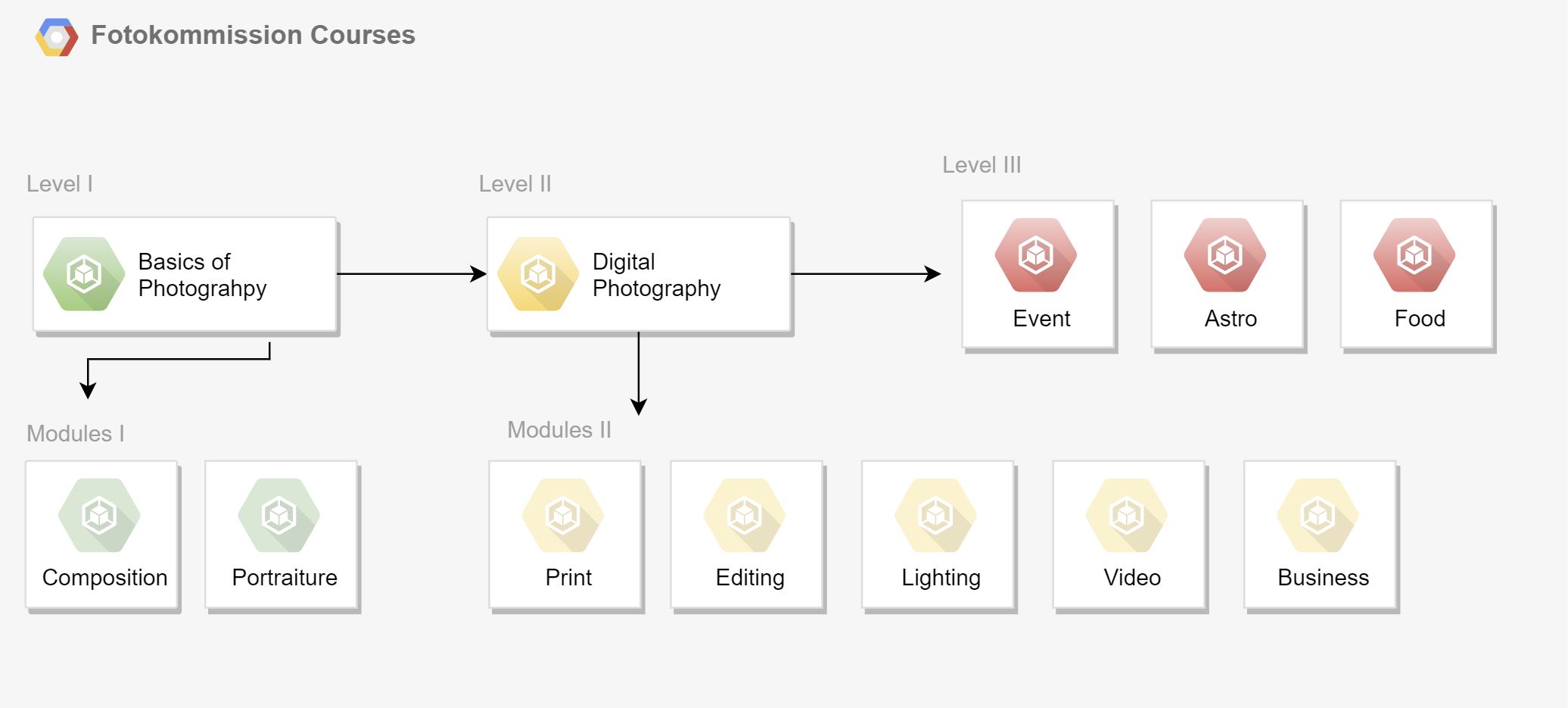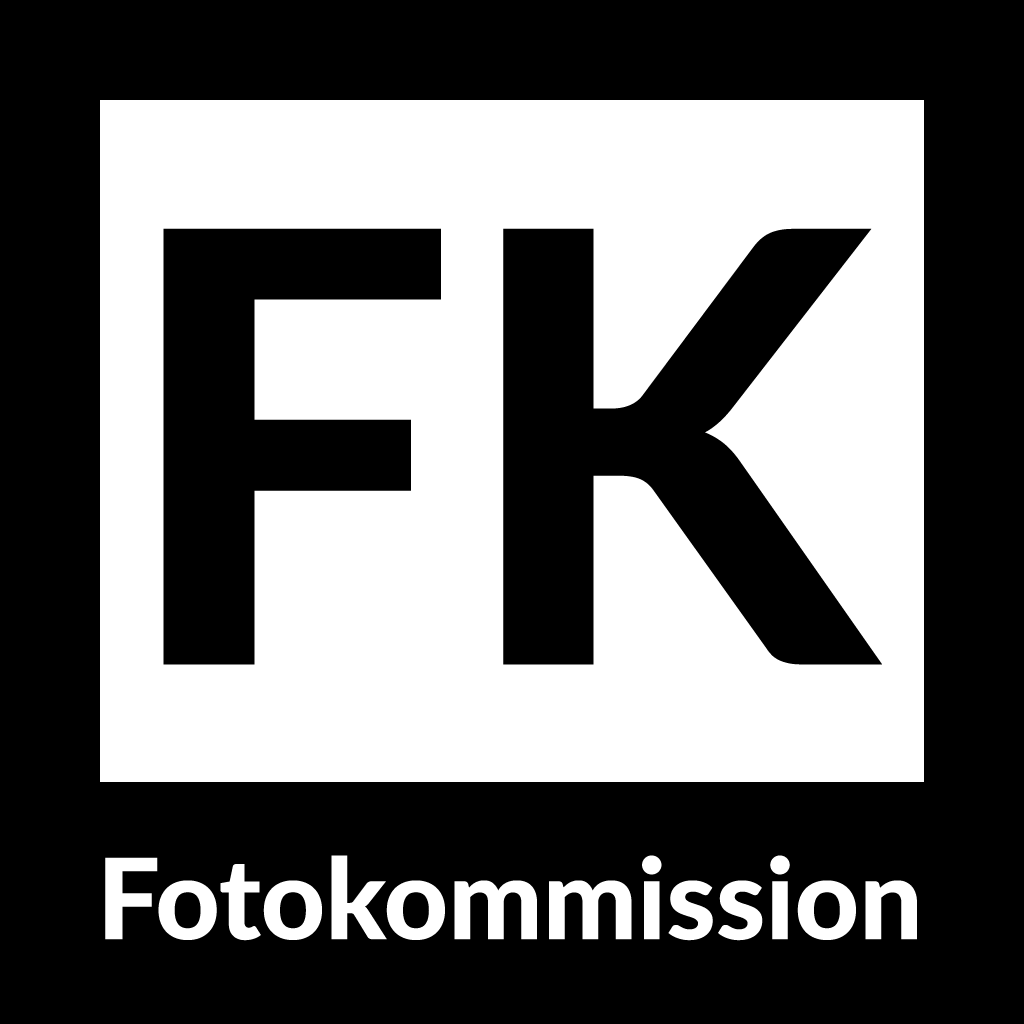All the courses will be published within the first week of the semester!
Fotokommission provides a variety of photography courses for every skill level.
Courses
The courses build on each other, but can also be attended independently of each other. The focus in our courses is on the technical side. We will not explain to you “how to take beautiful photos”, but give you the tools to find your own style. Each course includes a practical part and a joint discussion of the photos taken during the course. You can also have your favorite photo printed after each course. If you don’t have your own camera, you can borrow one from us for the course (limited availability).

Course Overview
Level I: Basics of Photography (2 x 2h)
In this course you will learn how to operate your camera manually. This is important for a good foundation: Exposure: aperture, shutter speed and ISO Angle of view / focal length (This may not sound like much, but we go into a lot
of detail. If you can’t operate your camera manually “blindly” and quickly, we recommend this course)
Level II: Digital Photography (2 x 2h)
Digital photography has many advantages, but also one major disadvantage: it is quite technical. This course deals with the workflow in digital photography from A-Z:
- Image idea
- Composition / light
- Automatic camera functions
- RAW / dynamic range
- Selection and post-processing on the computer
- further points of interest
The focus remains on the technical side.
Level III: Professional Event Photography (2 x 3h + 1 x 4h)
Our commission wants to be able to deploy good event photographers within the VSETH. Of course, we also need to train them. In this course, we visit a VSETH event and can thus gain direct experience. The theory part, on the other
hand, is mainly about administrative matters, which are an important part of professional photography.
- The customer
- Photo rights
- Typical photos and settings
- Equipment
- Behavior at the event
- Efficient selection and post-processing
- Delivery of the photos
Module Overview
In the first part of each module, we work on the theory together, then you have a week to try out what you have learned. In the second part we discuss the results. Each module lasts 4 hours.
Composition
The composition describes how this is constructed on an abstract level. We look at photos submitted by the participants and find out why these photos are “beautiful”. We work out a few rules of thumb, try them out and discuss our
results.
Portrait Photography / Natural Light Photography
We discuss two things: how to take “beautiful” portraits, and how to make the best use of the available light.
Printing
Together we will prepare a photo optimally for printing and print it on our professional photo printer. On the second day of the course, we will mount the photo on an MDF board so that you can hang it up at home. Photo in A4 format
is included, A2 for an extra charge of 10.-.
Editing
We look at “good” edited photos together and find out the differences to the raw version. Together we edit a few photos until they are “beautiful”.
Artificial light / Studio light
Artificial light, i.e. flashes and light shapers, offer an incredible number of creative possibilities. We focus on off-camera flash.
Video
The technical hurdle to making good video recordings is quite large. We work on the technical basics and get to know various tools such as variable ND filters or gimbals. We also discuss efficient shot planning and film editing.
Astrophotography
This course is dedicated to astrophotography with DSLR cameras from both a technical and practical perspective. In the first part, basic concepts of astronomy are introduced. In the second section, participants will learn how to
use wide-angle lenses to obtain fantastic images of the firmament and photograph sleepy landscapes under the starry sky. In the last section, deep-sky photography (galaxies etc.) is also explained in more detail.
Food
In this course the participants will gain hands-on experience in creating food photos. In the first part of the course food will be photographed while elaborating different styling, lighting and compositional methods. In the second
part of the course we will create and play around with food action shots. Furthermore, the submitted images will be discussed.
